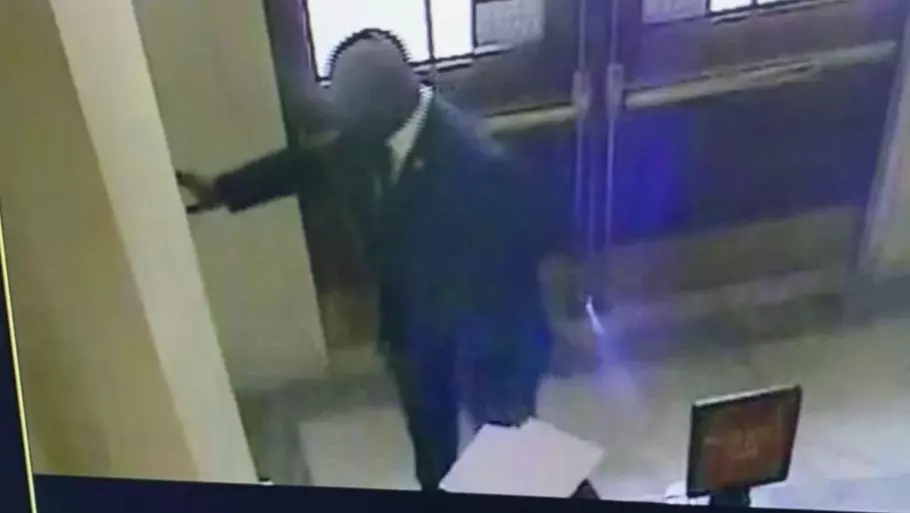Confused congress member triggers alarm: Thought it was a door handle
Others are reading now
In a recent incident that has garnered widespread attention, Jamaal Bowman, a Democratic Congress member from New York, inadvertently set off a fire alarm, mistaking it for a door handle. This mishap occurred shortly before a crucial vote, leading to significant criticism directed at Bowman.
The Democratic representative found himself in hot water as he was accused of obstructing the work of Congress due to the confusion with the fire alarm.
Bowman explained that he believed activating the alarm would open a door that is usually left ajar. However, his explanation did not sit well with members of the Republican party, who expressed skepticism over his account of the events.
Also read
Kevin McCarthy, the Republican minority leader, was among those who criticized Bowman harshly, suggesting that the Democratic representative should face consequences for his actions. McCarthy and other Republicans speculate that Bowman might have intentionally caused the disruption, given that there was only an hour left for President Joe Biden to sign a legislative document. This document was crucial as it prevented the cessation of salary payments to state and federal employees.
The speculation stems from the fact that it was a proposal from the Republican party that ultimately passed, preventing a government shutdown. McCarthy and others believe that Bowman might have had an interest in obstructing the process to cast Republicans in a negative light. Despite these accusations, Bowman maintains that the incident was purely accidental and that he was merely attempting to open a door.
Jamaal Bowman, serving as a representative from New York, insists that he did not intentionally obstruct the legislative process. He has been a vocal advocate for various social issues and is known for his progressive stance on education and economic policies.
The incident has sparked discussions and debates among political circles, with each party interpreting the event in light of their respective viewpoints. While Bowman asserts that it was an unintentional mistake, his critics argue that it might have been a calculated move to hinder the legislative process. The incident underscores the tense and polarized atmosphere prevailing in the political landscape, where even a simple mistake can be construed as a deliberate act of sabotage.



